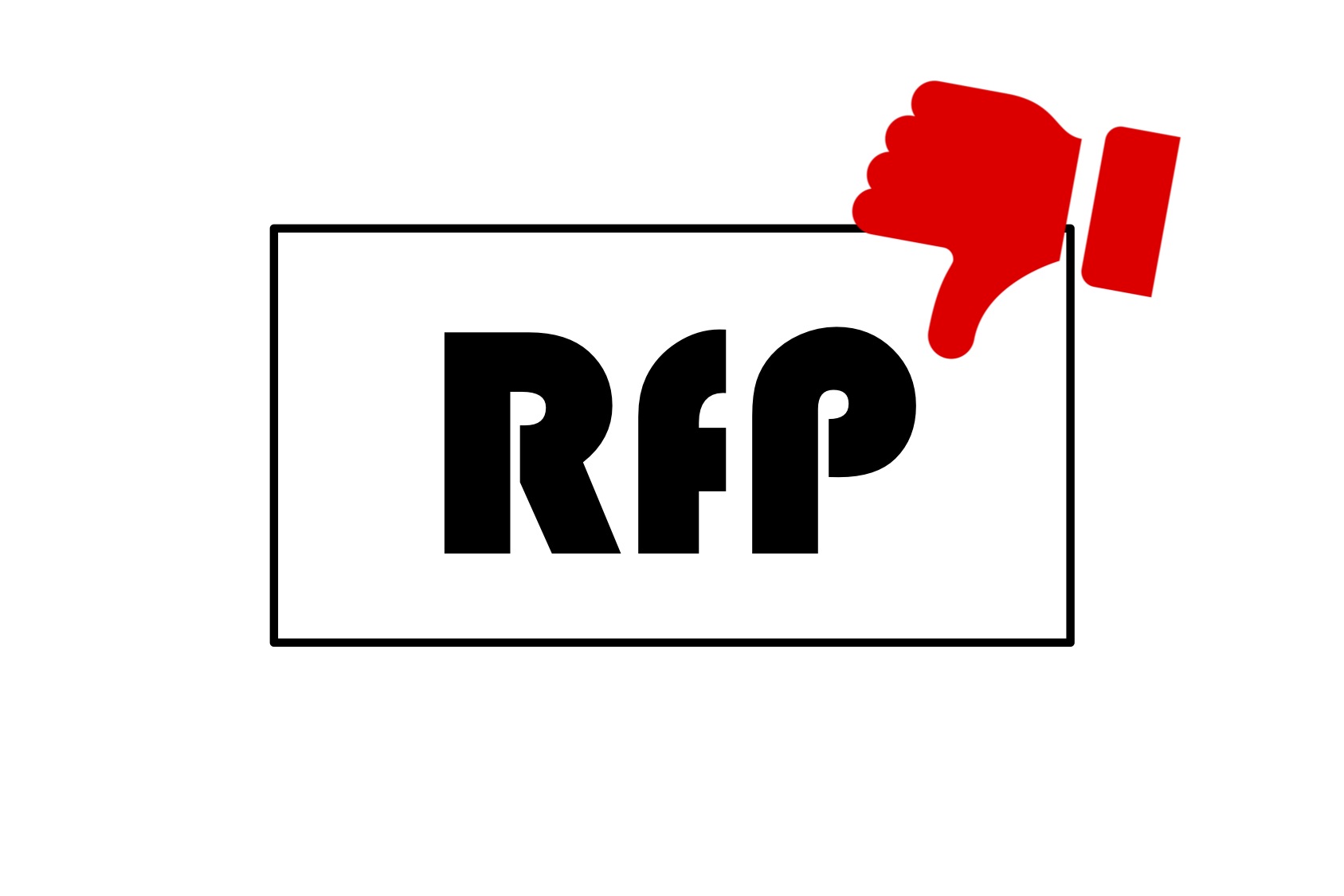Why former “best practices” are destroying value today
Dr. Steffen Roehn has a strong point of view on the effectiveness of RfP (Request for Proposal) processes to source Software / Technology: RfP processes do regularly not lead to good results, especially in the new world of digital, software, open source and cloud. Procurement executives and CIO/CTOs need to change drastically.
Be honest: How often have you cursed your internal „Request for Proposal“ process? And how often have you suffered from poor results?
Speaking to many senior executives who run IT or technology I hear the same song all over again: RfP is seriously negatively impacting their ability to take good technology decision for the benefit of their company. Why is the case?

RfP processes are based on the belief, that
- a „perfect“ To-Be solution can be described rather precisely
(called the „requirements”), - many potential suppliers would be able to offer competitive and comparable offers
- and thus, a real „bargaining“ situation exists to select the cheapest price;
- you make an “investment” into software, i.e. you buy an asset and fully own it, capitalizing and depreciated it over 3-10y
In todays world (hyper competition, hyper agile, digitization, cloud, SaaS) all four beliefs are actually to be challenged:
- „Perfect“ solutions at any given point in time are not perfect any more in the future at all. New players are growing their customer numbers and revenues by 10, 100 or even more than 1000 times within a year, ecosystems evolve and die in the same time span. Customer expectations in the digital world raise with every cool new app or devices almost daily. So, the idea of „requirements“ on a detailed level is a dead concept. That kills the first core belief.
- There are indeed many players in the market. However, over the past decades of RfP processes these suppliers have learnt to harvest the requirement process for their sole benefit (or at least to protect them from too much of price reduction) and to make their offers „non-comparable“ to others. Also, the real interesting partners with innovative and new differentiating solutions, are mostly unique and heavily sought after. There, time is invested far better in customer projects than wasted in RfP processes. I.e. by this process, innovation is actually prevented. So, in the end you are not getting competitive and comparable offers – and you are not getting it from the companies you actually want it from – the innovative new kids on the block. That kills the second core belief.
- Procurement today is one of the smartest and highly trained disciplines in larger corporations. A lot of that is based upon a deep understanding of the own core business, the market mechanisms of the potential supplier ecosystem and a deep embedding within the buying functions like technology, IT or operations. But a lot of this corporate and quite developed asset is not leveraged, because there are no real bargaining situations any more (see above). So, the third core belief is also vanishing, as a consequence of above.
- While “turning” opex into capex is a good thing for improving EBITDA, it actually is wrong: Today buyers can choose from a multitude of software as a service or cloud native solutions, which can be configured, but the asset is actually owned by somebody else. Thus, the selection process needs to reflect much more criteria like: security, scalability, configurability. Today’s RfP processes do not reflect that. That kills core belief number four.
So, what to do know?
I have discussed above matter a lot with other C-Level executives, which I meet regularly at the TM Forum. We all agreed, that it makes sense to watch out for disruptive new ideas how to do things much better. It is in the interest of all parties – buyers and suppliers! Nik Willetts and Mark Newman from TM Forum are driving this activity in form of a research project designed to bring new ideas and approaches into the telecoms industry.
Let us know your thoughts and experiences here and suggestions for taking the industry forwards…
© Roehn Management Consulting GmbH
